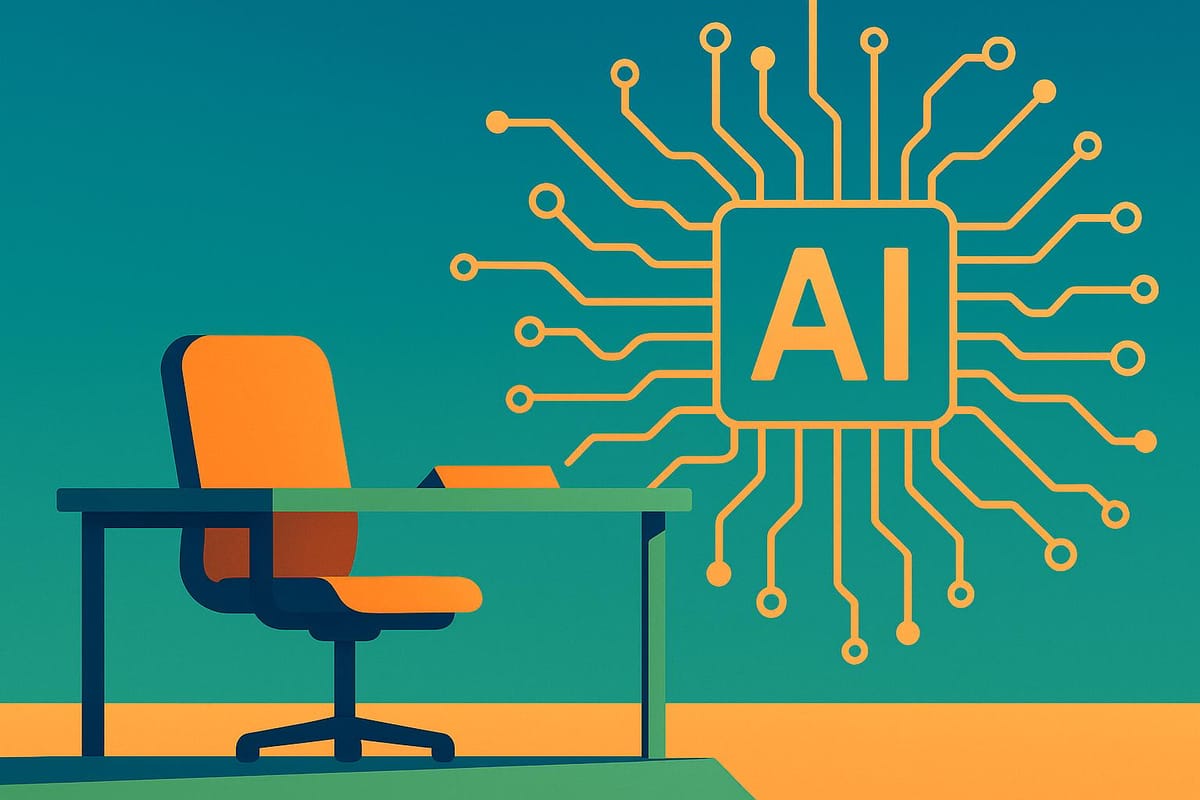Accenture announces 11,000 layoffs amid $865M AI-driven restructuring
Accenture lays off 11,000+ globally in $865M AI restructuring; invests in upskilling 70,000 and forecasts modest FY26 growth.

Accenture is making significant changes to its workforce as part of a sweeping $865 million restructuring program, which includes laying off over 11,000 employees globally. The move, driven by the rapid integration of artificial intelligence (AI) into its operations and a slowdown in corporate demand, signals a major shift in the company's strategy to remain competitive in a rapidly evolving market.
Workforce Reduction and Strategic Realignment
Accenture's decision to reduce its workforce is part of a broader effort to adapt to the increasing demand for AI-driven solutions. According to the company, the layoffs are necessary to streamline operations and align its services with emerging client needs. Beyond workforce reductions, the company is investing heavily in upskilling its employees to enable them to handle advanced AI technologies. Specifically, Accenture is training approximately 70,000 employees in "agentic AI", a field focused on developing autonomous systems designed to complement human intentions.
CEO Julie Sweet highlighted the dual focus of the restructuring, stating, "We are balancing the immediate challenges of downsizing with a long-term vision of evolving our service model to remain competitive in a rapidly changing business environment."
The restructuring program also reflects the financial challenges facing the company. Accenture's revenue projections for the fiscal year 2026 forecast growth of 2% to 5%, which is slightly below market expectations. This cautious outlook underscores the significant costs associated with the restructuring initiative, including severance packages and investments in new technologies, as well as the anticipated savings and efficiencies that these changes aim to generate.
The Role of AI in Workforce Transformation
Artificial intelligence is reshaping industries and redefining job roles, with companies like Accenture at the forefront of this transformation. The integration of AI has created a dual challenge for businesses: optimizing operations through automation while addressing the need to reskill employees. Accenture's approach exemplifies this balancing act, as the company simultaneously reduces its workforce and invests in equipping its remaining employees with the skills needed to thrive in an AI-driven future.
While layoffs are often met with public concern, Accenture's commitment to upskilling a significant portion of its workforce has been seen as a proactive measure to mitigate the disruptive impact of AI. Industry analysts have pointed out that AI is expected to create new job categories requiring advanced technical expertise. Accenture's strategy reflects this reality, aiming to ensure its workforce can meet the demands of an increasingly technology-oriented consulting landscape.
Industry Trends and Public Reactions
Accenture's restructuring is part of a broader trend among consulting and technology firms that are recalibrating their business models to incorporate AI. Other major players like IBM and Deloitte have also announced workforce realignments to focus on AI capabilities. These changes often include both job cuts and substantial investments in retraining programs, mirroring Accenture's approach.
Public reactions to the layoffs have been mixed. Critics have raised concerns about the social and economic implications of large-scale job cuts, particularly as they relate to job security in an AI-driven economy. On the other hand, proponents argue that such restructuring is a necessary step to ensure long-term sustainability and competitiveness.
The layoffs have also sparked discussions about the responsibilities of corporations and governments in managing workforce transitions. There is growing pressure for policymakers to develop frameworks that support job creation in emerging industries while helping displaced workers adapt to new roles.
A Future Shaped by AI
As companies like Accenture navigate the challenges of integrating artificial intelligence into their operations, the workforce landscape is undergoing a significant transformation. While the company's $865 million restructuring effort has drawn attention for its immediate impact, its focus on upskilling employees and preparing for an AI-driven future highlights the complexities of balancing innovation with workforce stability.
Accenture's actions reflect a broader industry shift toward embracing AI, setting a precedent for how businesses can manage the workforce challenges posed by rapid technological advancements. By investing in both cutting-edge technologies and employee development, the company is positioning itself for the opportunities and challenges that lie ahead in the AI era.

